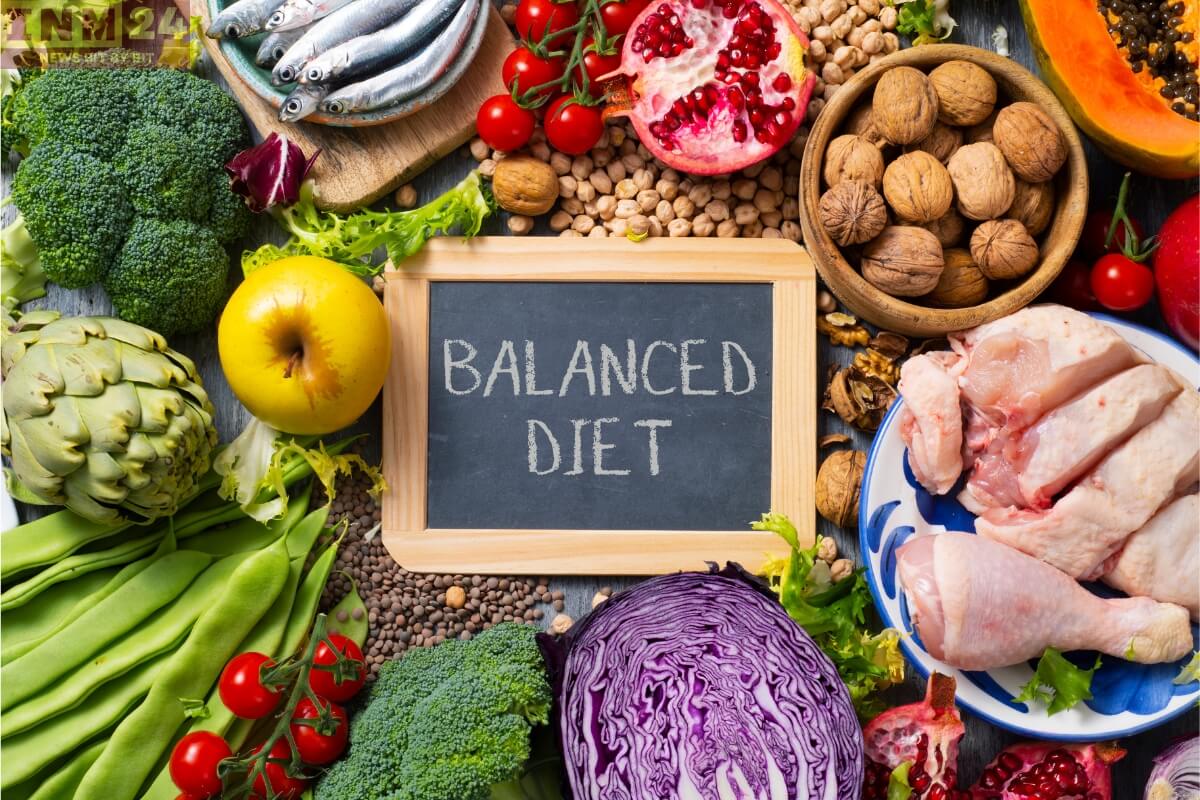Maintaining a balanced and nutritious diet is essential for overall health and well-being, especially for women who have unique nutritional needs at different stages of life. While there are numerous nutrients that play important roles in women’s health, some are particularly crucial for supporting various bodily functions and promoting optimal health. In this article, we’ll explore five key nutrients that every woman should incorporate into her diet for overall well-being.
Calcium
Calcium is vital for maintaining strong and healthy bones, especially for women who are at higher risk of osteoporosis later in life. Adequate calcium intake can help prevent bone loss and reduce the risk of fractures. Good dietary sources of calcium include dairy products such as milk, yogurt, and cheese, as well as leafy green vegetables, tofu, and fortified foods.
Iron
Iron is essential for the production of red blood cells and the transportation of oxygen throughout the body. Women are particularly susceptible to iron deficiency due to blood loss during menstruation and pregnancy. Consuming iron-rich foods such as lean meats, poultry, fish, beans, lentils, and fortified cereals can help prevent iron deficiency anemia and promote energy levels and overall vitality.
Folate (Folic Acid)
Folate, also known as vitamin B9 or folic acid, plays a crucial role in cell division and DNA synthesis, making it essential for fetal development during pregnancy. Adequate folate intake before and during pregnancy can help prevent neural tube defects in infants. Good dietary sources of folate include leafy green vegetables, citrus fruits, beans, lentils, and fortified grains.
Omega-3 Fatty Acids
Omega-3 fatty acids are essential fats that have anti-inflammatory properties and are important for heart health, brain function, and overall well-being. Women can benefit from consuming omega-3-rich foods such as fatty fish (salmon, mackerel, sardines), flaxseeds, chia seeds, walnuts, and soybeans. Omega-3 supplements may also be beneficial for those who do not consume enough fish in their diet.
Vitamin D
Vitamin D plays a crucial role in calcium absorption and bone health, as well as immune function and mood regulation. Many women have inadequate vitamin D levels, especially those who live in northern latitudes, spend little time outdoors, or have darker skin. Good dietary sources of vitamin D include fatty fish, fortified dairy products, egg yolks, and mushrooms. Sun exposure is also an important source of vitamin D synthesis in the body.
Incorporating these five key nutrients into your diet can help support overall health and well-being, as well as address specific nutritional needs that are important for women’s health. However, it’s essential to remember that a balanced and varied diet, along with regular physical activity and healthy lifestyle habits, is the foundation of optimal health. Consult with a healthcare professional or registered dietitian for personalized dietary recommendations based on your individual needs and health goals. By prioritizing nutrient-rich foods and making informed dietary choices, women can nourish their bodies and thrive at every stage of life.
